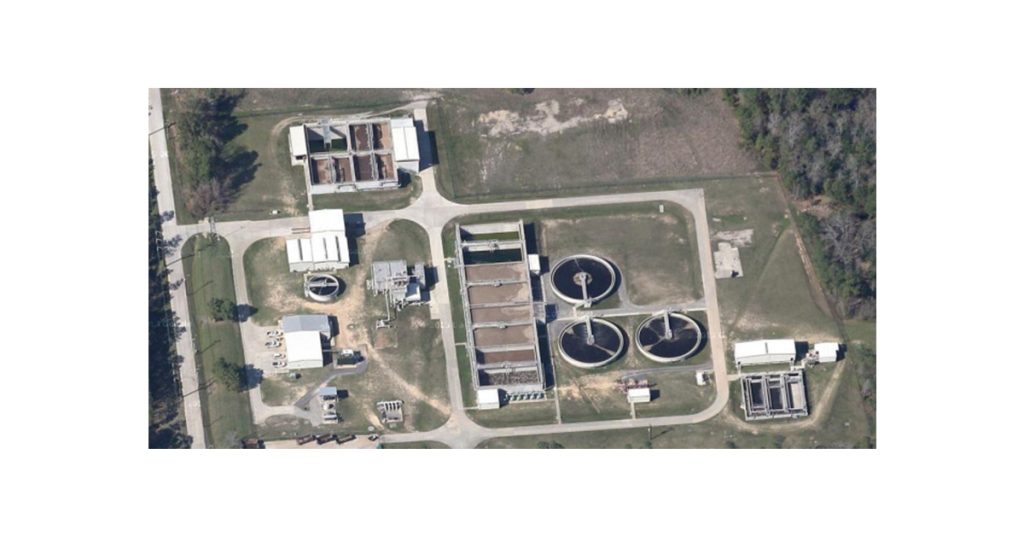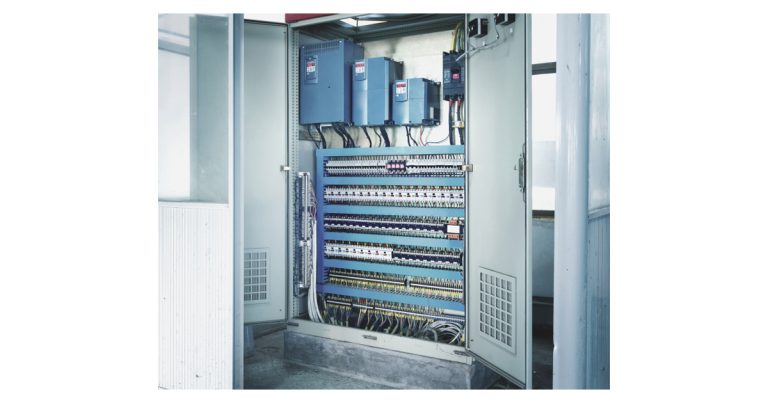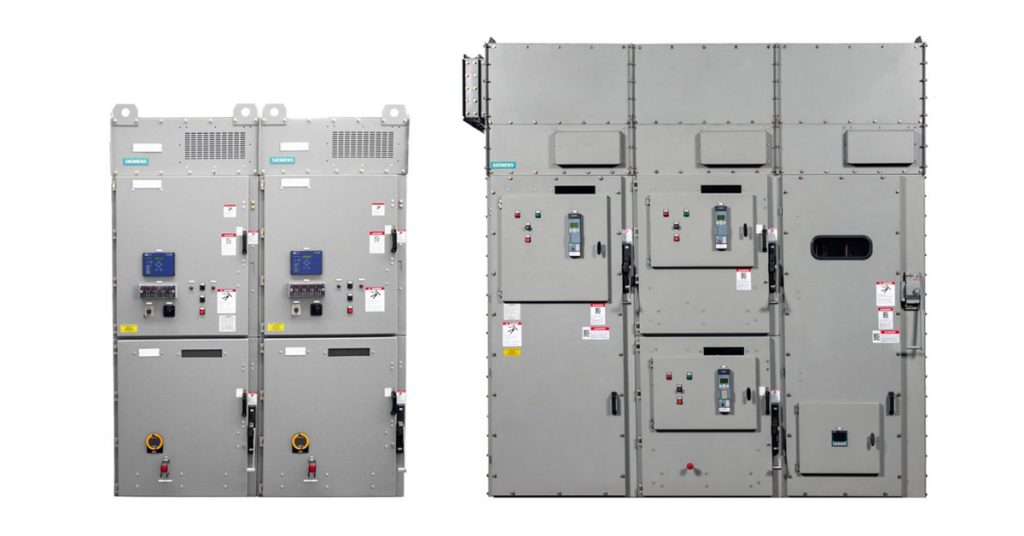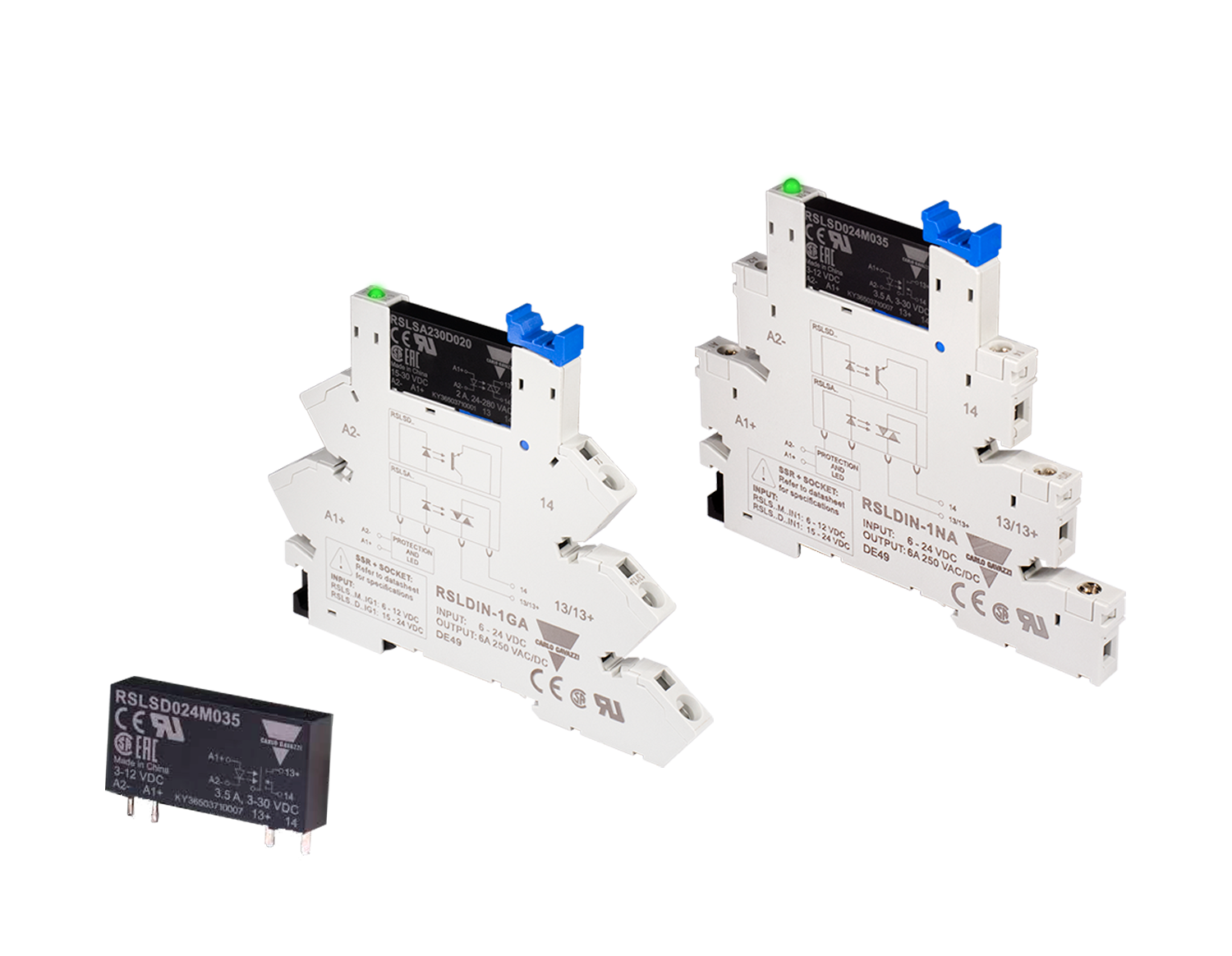SCADA Utilization Popular in Texas’ Water Treatment Systems

January 31, 2023
Supervisory Control and Data Acquisition (SCADA) systems have become increasingly popular in Texas’s water and wastewater treatment industry. These systems provide a range of benefits that make them valuable to these facilities.
One of the main benefits of SCADA systems is the ability to remotely monitor and control various processes and equipment within the treatment plant. This allows operators to quickly and easily identify issues and take appropriate action to address them without having to be on-site physically. This can significantly increase efficiency, reduce downtime, and improve the facility’s safety.
Another benefit of SCADA systems is the ability to collect and analyze data in real time. This allows operators to quickly identify trends and patterns in the data, which can be used to optimize the treatment plant’s performance. For example, if a particular process is consistently underperforming, operators can use the data to identify the cause of the problem and take steps to correct it.
SCADA systems also provide a high level of security and protection for the treatment plant. These systems have built-in security features that protect against unauthorized access and data breaches. This is especially important for water and wastewater treatment plants, which often handle sensitive information and must comply with strict regulations.
SCADA systems can also be integrated with other technologies, such as Geographic Information Systems (GIS), to provide even more powerful and accurate data analysis. For example, GIS can map the location of equipment and assets within the treatment plant, providing a visual representation of the facility and making it easier to identify and address issues.
Additionally, SCADA systems can be integrated with automated systems such as programmable logic controllers (PLCs), which can be programmed to perform specific tasks, such as controlling the flow of water through the treatment plant or monitoring the water pressure, pH levels and other parameters. This allows for more efficient and accurate control of the processes, thus improving the overall performance of the treatment plant.
In summary, SCADA systems offer a range of benefits for water and wastewater treatment plants in Texas. They can help increase efficiency, reduce downtime, improve safety, and provide valuable data for optimizing the facility’s performance. Integrating other technologies, such as GIS, PLCs, and other automation systems, can provide additional benefits.
Overall, adopting SCADA systems in Texas water and wastewater treatment facilities can significantly improve the management, monitoring, and efficiency of this critical infrastructure, ensuring safe, clean water to the population.

https://www.blti.com/index.php/news-current-events/texas-water-treatment-systems-utilizing-scada











